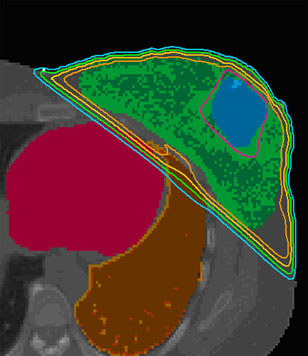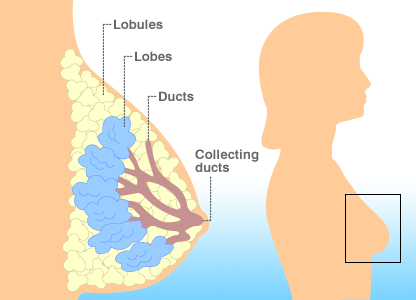1. Sweet Potatoes

A nutritional All-Star — one of the best vegetables you can eat. They're loaded with carotenoids, vitamin C, potassium, and fiber. Bake and then mix in some unsweetened applesauce or crushed pineapple for extra moisture and sweetness.
2. Grape Tomatoes

They’re sweeter and firmer than other tomatoes, and their bite-size shape makes them perfect for snacking, dipping, or salads. They’re packed with vitamin C and vitamin A, and you also get some fiber, some phytochemicals, and (finally) some flavor.
3. Fat-Free or 1 % Milk

Excellent source of calcium, vitamins, and protein with little or no artery-clogging fat and cholesterol. Ditto for low-fat yogurt. Soy milk can have just as many nutrients — if the company adds them.
4. Broccoli

Lots of vitamin C, carotenoids, and folic acid. Steam it briefly and add a sprinkle of red pepper flakes and a dash of soy sauce.
5. Wild Salmon

The omega-3 fats in fatty fish like wild salmon can help reduce the risk of sudden-death heart attacks. And salmon that is caught wild has fewer PCB contaminants than farmed salmon.
6. Crispbreads

Whole-grain rye crackers, like Wasa, Ry Krisp, and Ryvita — usually called crispbreads — are loaded with fiber and often fat-free.
7. Microwaveable (or "10-minute")

Enriched white rice is nutritionally weak. You lose the fiber, magnesium, vitamins E and B-6, copper, zinc, and phytochemicals that are in the whole grain. Try quick-cooking or regular brown rice instead.
8. Citrus Fruit

Great-tasting and rich in vitamin C, folic acid, and fiber. Perfect for a snack or dessert. Try different varieties: juicy Minneola oranges, snack-size Clementines, or tart grapefruit.
9. Diced Butternut Squash

A growing number of food stores sell peeled, seeded, cut, and ready to go — into the oven, into a stir-fry, or into a soup or risotto, that is — bags of diced butternut squash. Every half cup has 5 grams of fiber and payloads of vitamins A and C.
10. Spinach or Kale

Loaded with vitamin C, carotenoids, calcium and fiber.
| Tags: Breast Cancer, Cholesterol, Digestive, Heart Health, Nutrition |Labels: Breast Cancer, Cancer, Cholesterol, Digestive, Heart Health, Nutrition







 Excellent source of calcium, vitamins, and protein with little or no artery-clogging fat and cholesterol. Ditto for low-fat yogurt. Soy milk can have just as many nutrients — if the company adds them.
Excellent source of calcium, vitamins, and protein with little or no artery-clogging fat and cholesterol. Ditto for low-fat yogurt. Soy milk can have just as many nutrients — if the company adds them.







